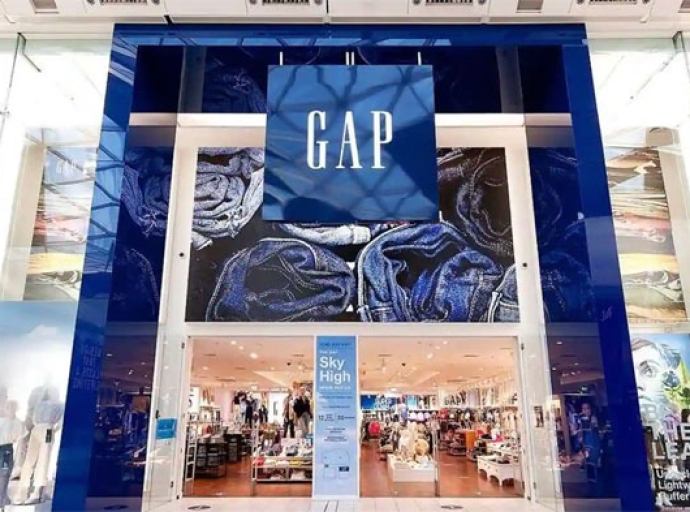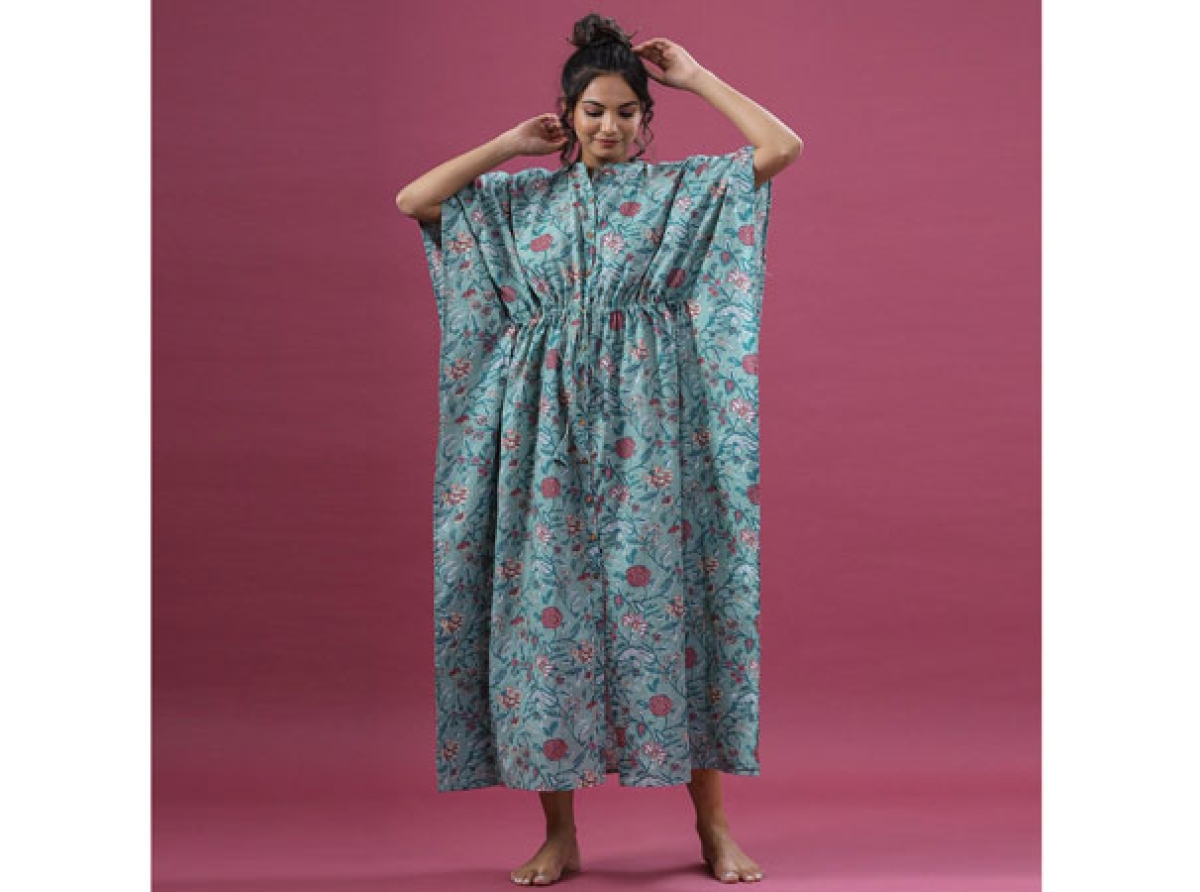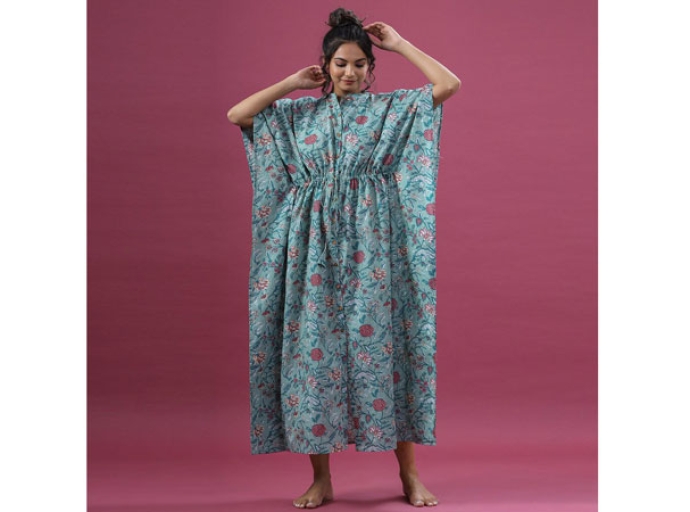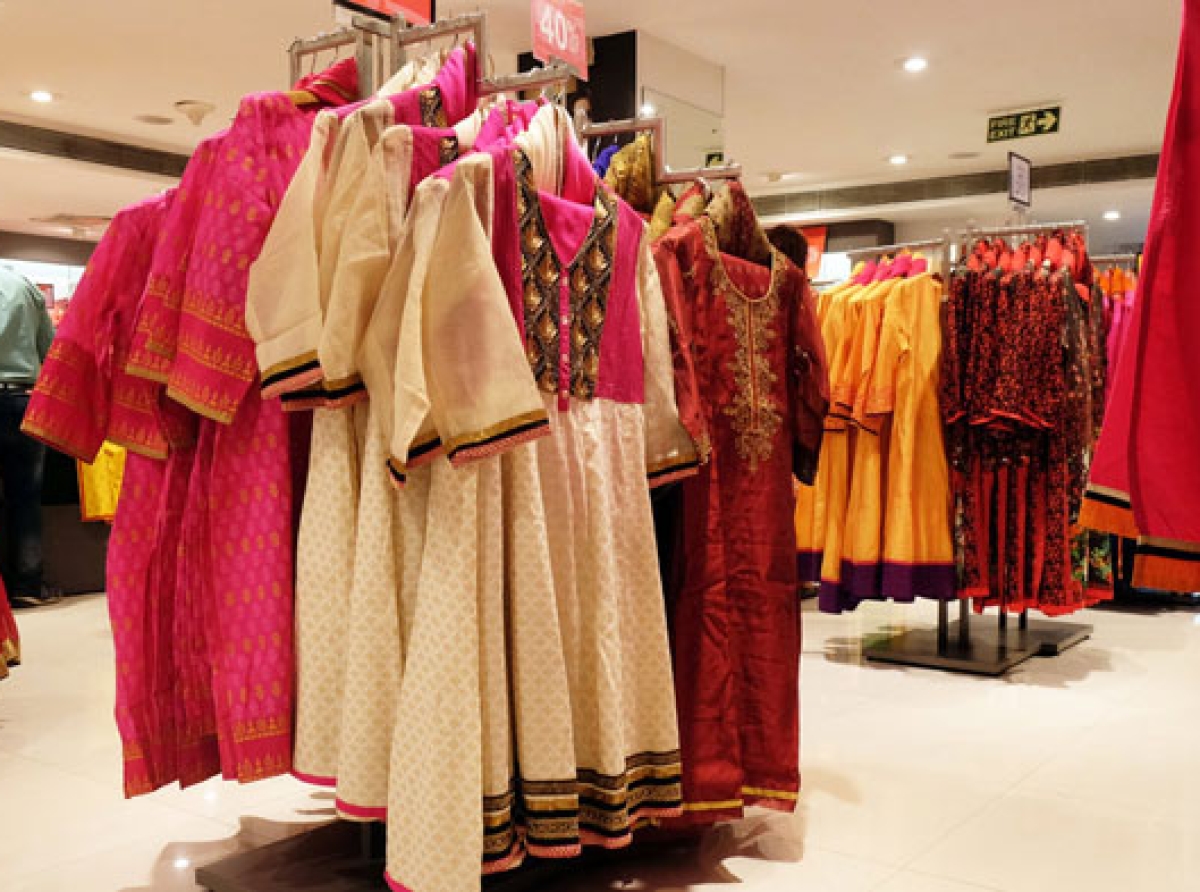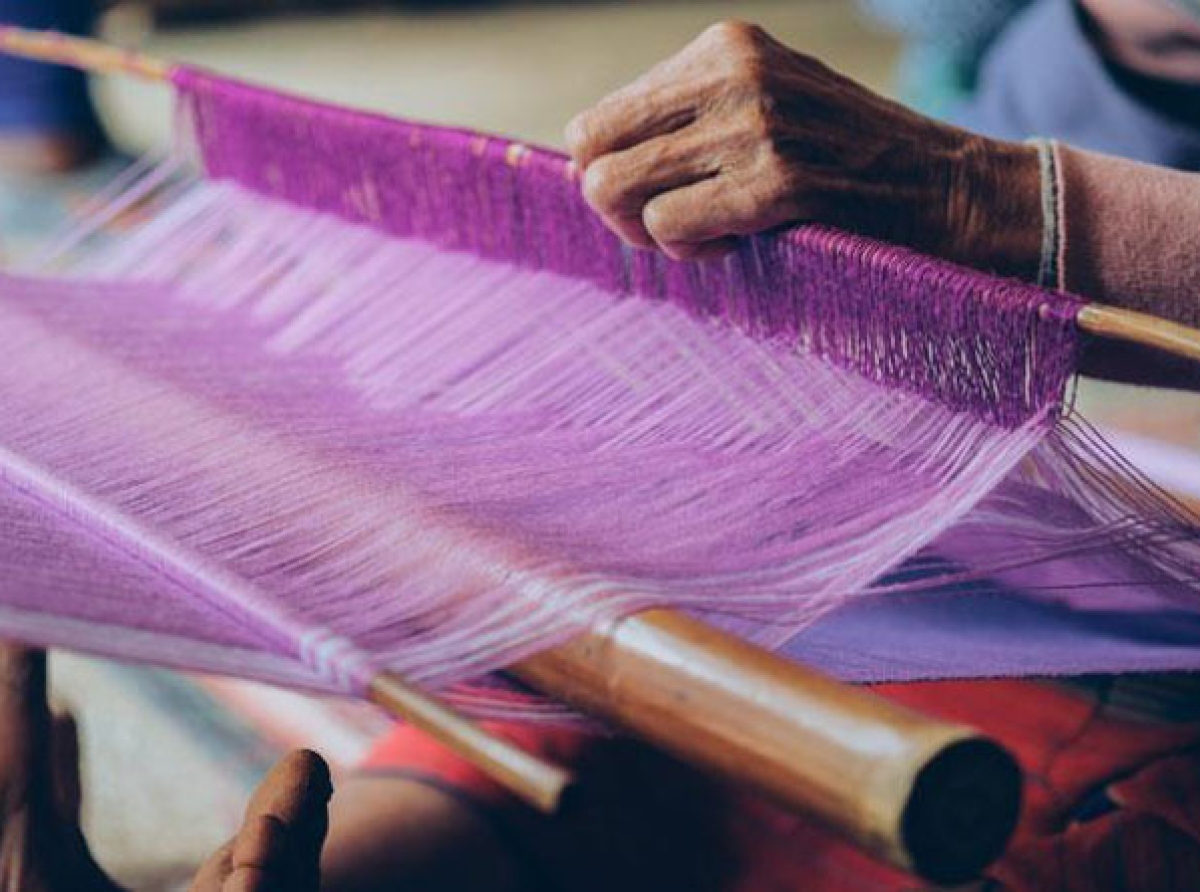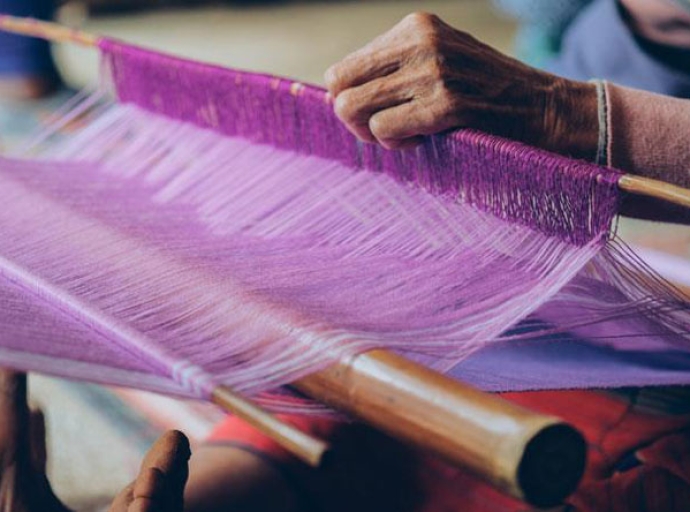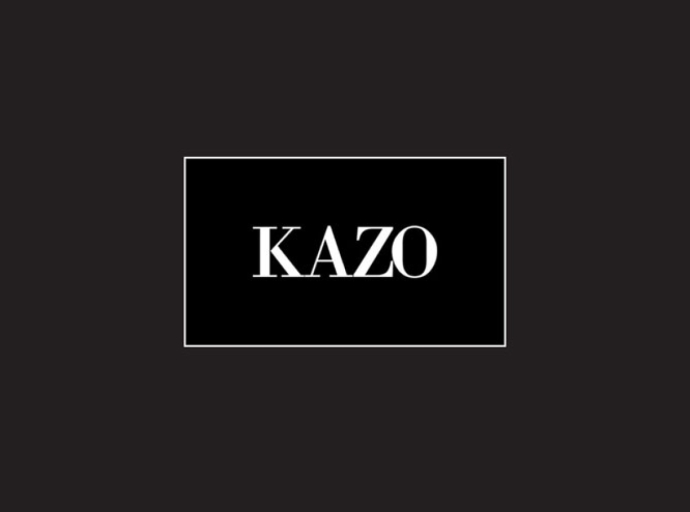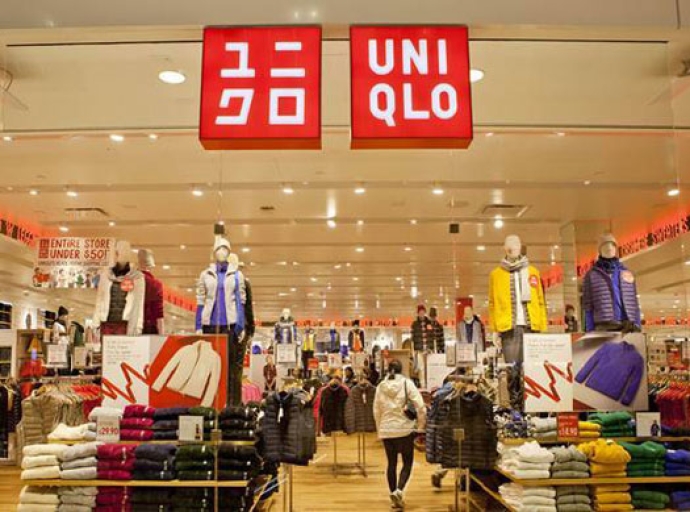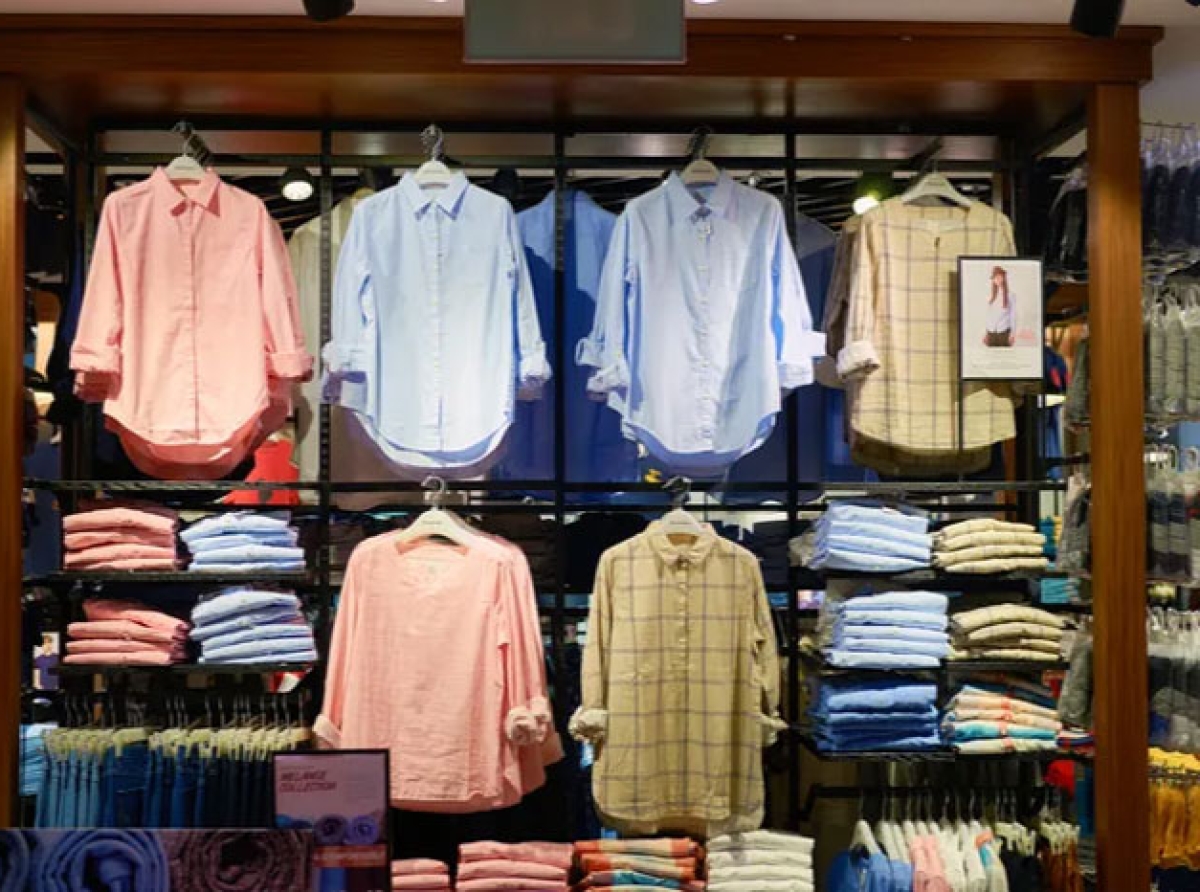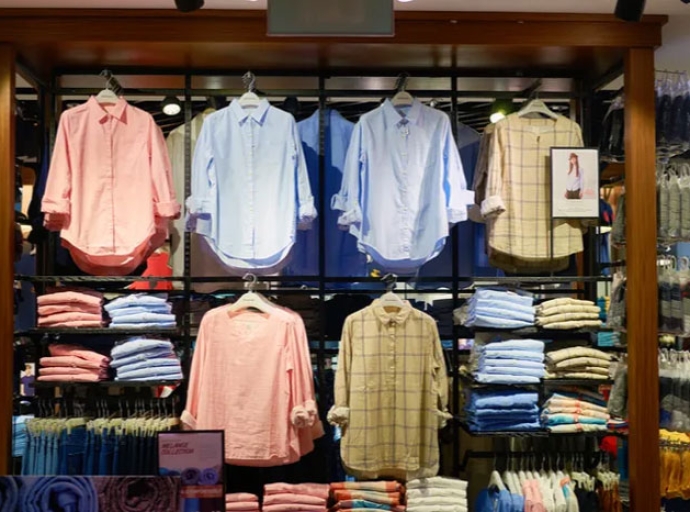12 July 2022, Mumbai:
The UAE-based retail giant Landmark Group has appointed Kabir Lumba as the new CEO of Landmark Retail. He has taken over from Renuka Jagtiani and will spearhead the group’s retail business growth in key markets in the Middle East and South-East Asia.
Renuka Jagtiani will remain closely involved in the business in her capacity as chairwoman for the group and will focus on developing the overall vision, and strategy, and strengthening governance.
RELATED NEWS . Lifestyle International: It is not a sale It is Steal!

ALSO READ Lifestyle International’s FY2020-21 revenues reported
Having been a part of Landmark Group for 18 years, Kabir Lumba has a great understanding of the group and business and displays remarkable leadership and people skills. He was heading its business operations in India. In 2018, he moved to Dubai and held several senior roles, including group director for the retail conglomerate in the Middle East and CEO of the group’s largest fashion business, Max Fashion, which is now one of the leading value-fashion brands in the region.
Under his leadership, Max recorded sustained growth milestones, including increased online sales, entry into the South-East Asian market, and reigniting the business in Egypt.
He will unlock the next phase of growth for the division, both across brands and geographies. He is committed to driving value creation by building on the group’s established legacy in the region and strengthening the bonds between its brands and millions of customers, through innovation across the business.
Advertise in FAIR EXPRESS 2022
Join our community on Linkedin

_thumbnail.jpg)



